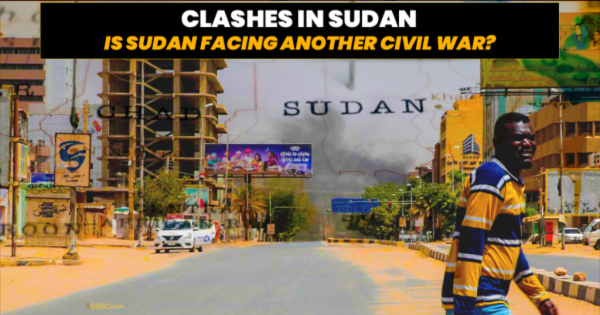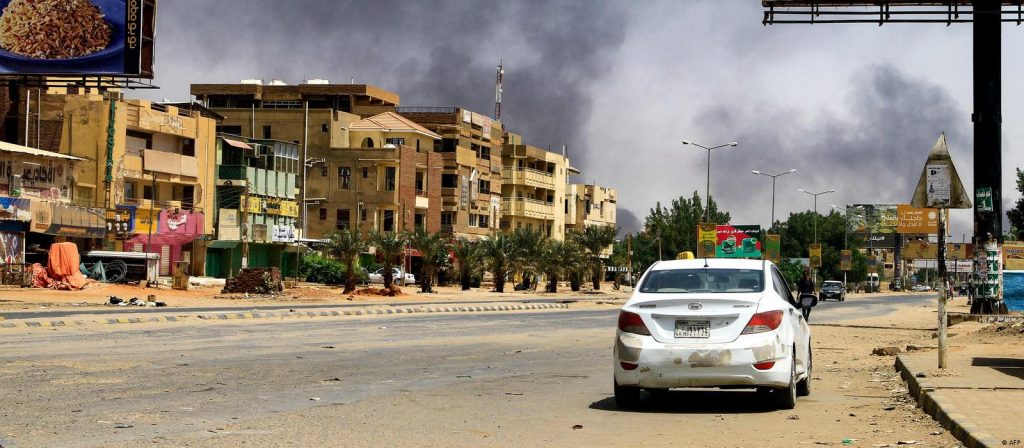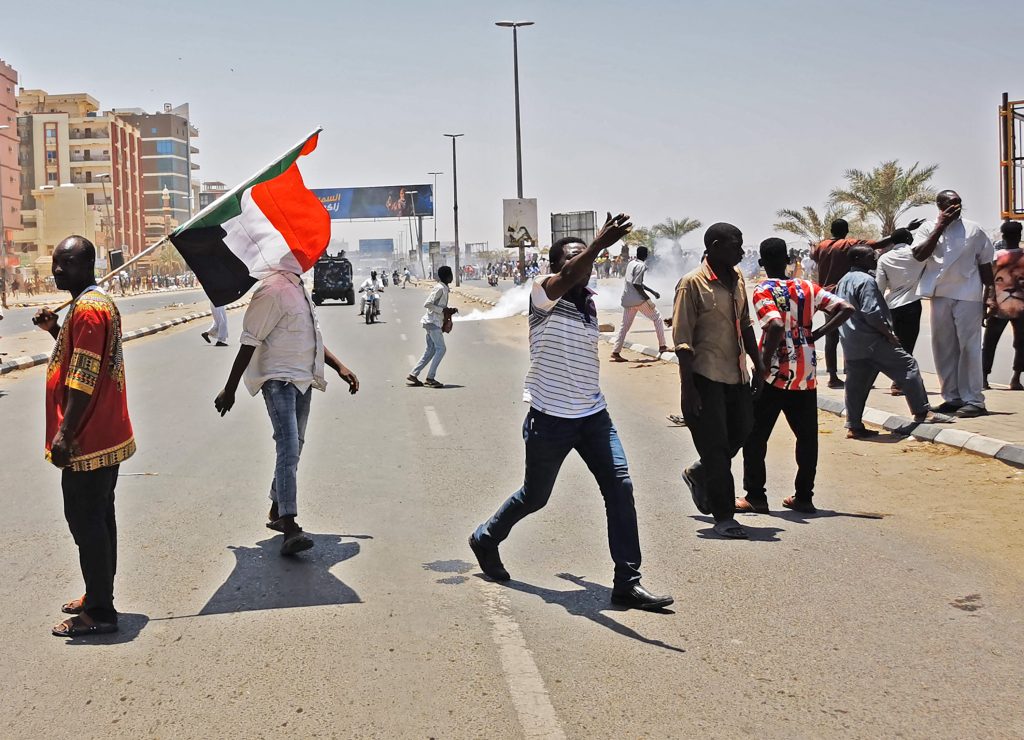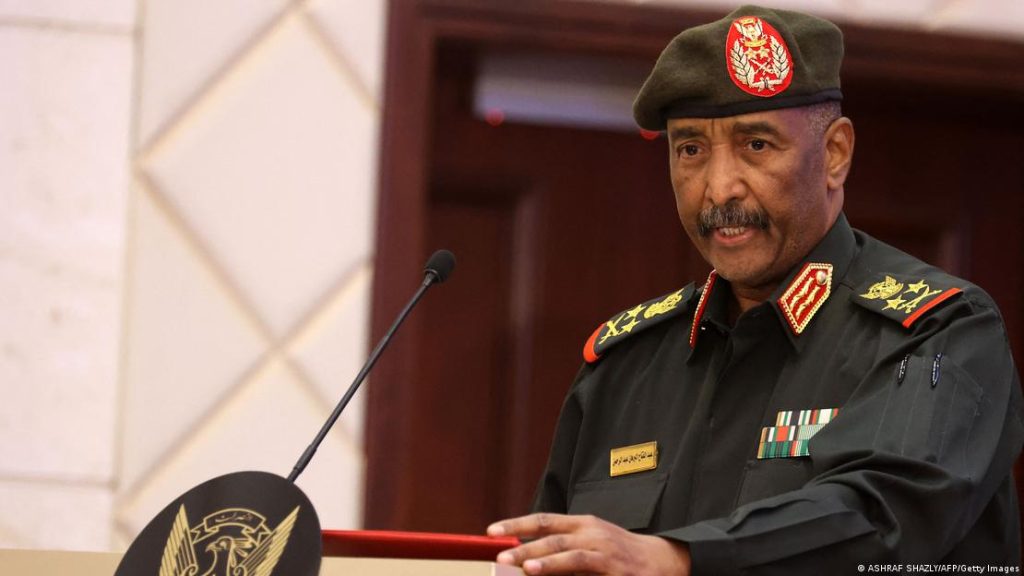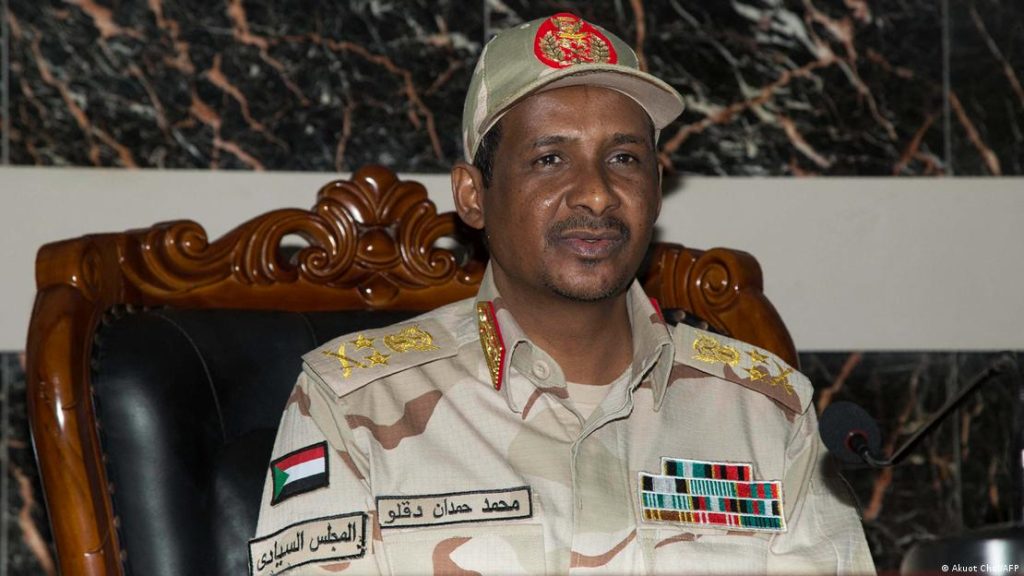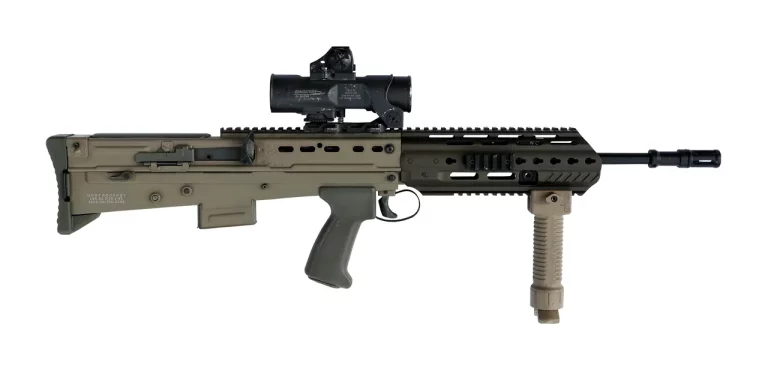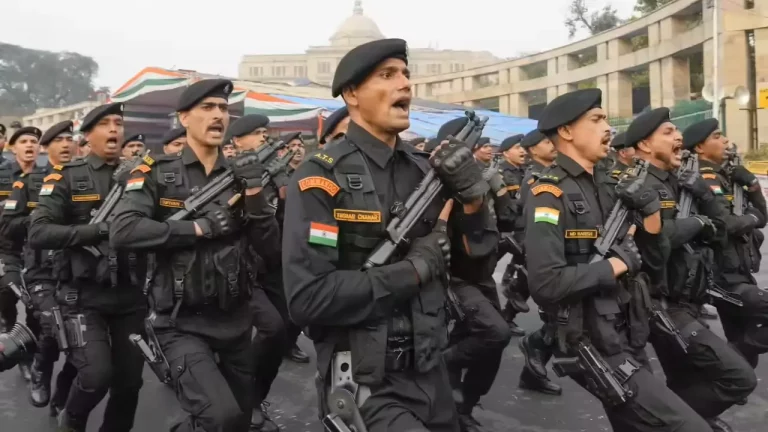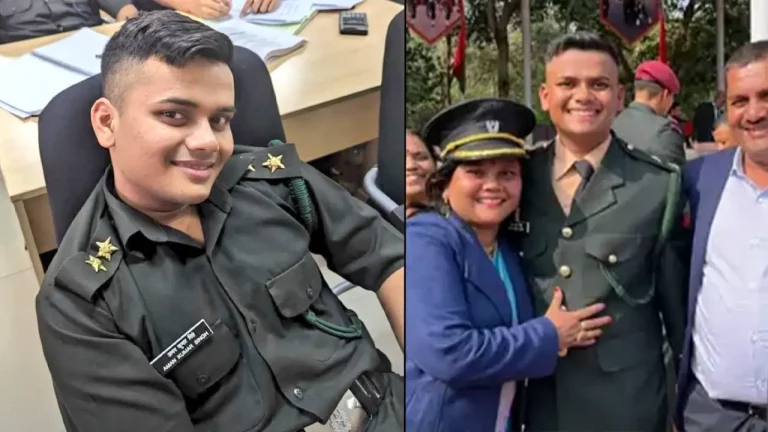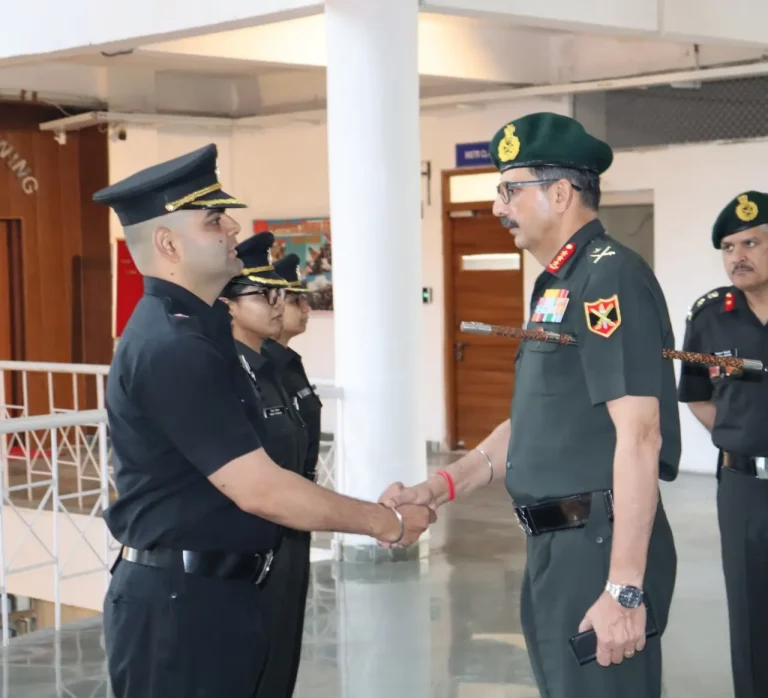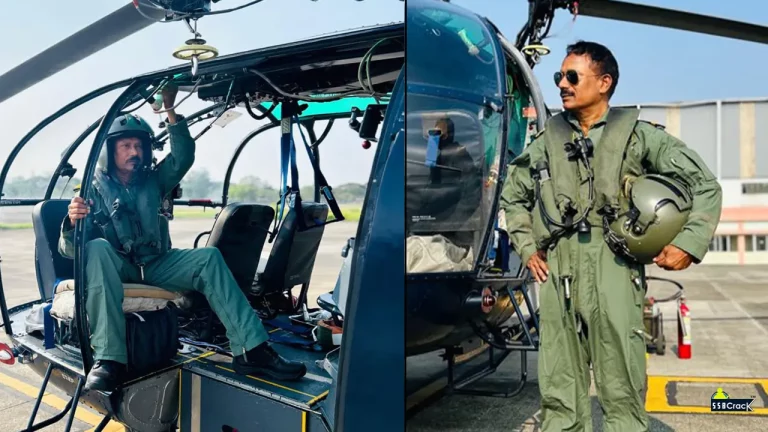On 15 April 2023, fighting erupted across Sudan, mostly in Khartoum and the Darfur area, between different factions of the country’s military administration. As of April 18th, at least 188 persons had been killed.
The conflict began with attacks on critical government installations by the paramilitary Rapid Support Forces (RSF). Airstrikes, artillery, and heavy gunfire were reported across Sudan, including the capital Khartoum. As of 15 April 2023, both RSF leader Mohamed Hamdan Dagalo and de facto leader Abdel Fattah al-Burhan claimed control of key government sites, including the general military headquarters, the Presidential Palace, Khartoum International Airport, the Army chief’s official residence, and Sudan TV headquarters.
Uprisings and History of Sudan
Sudan’s history has been marked by ethnic conflict, religious disagreements, and resource competitiveness. Two civil wars between the central government and the southern regions killed 1.5 million people in its modern history, and a current conflict in Darfur’s western region has displaced two million people and killed more than 200,000. Sudan has seen more than fifteen military coups since independence in 1956 and has been ruled by the military throughout the bulk of the republic’s existence, with only brief periods of democratic civilian parliamentary administration.
Clashes in Sudan
As the country’s two most heavily armed forces clashed for power, violence returned to Khartoum’s streets and spread to other parts of Sudan. Sudanese army forces, led by General Abdel Fattah al-Burhan, and the formidable Rapid Support Forces (RSF) paramilitary, led by Mohamed Hamdan Daglo, traded charges of inciting the violence. The conflict has taken many people outside the region by surprise, with dozens killed and hundreds more injured.
What is the cause of the war in Sudan?
The clashes have erupted in response to escalating tensions over the intended integration of the RSF into the military. The disagreement has pushed back the signature of an internationally approved agreement with political parties on a democratic transition. A coalition of civilian groups that signed a draught of the deal in December urged for an immediate cessation of hostilities on Saturday to prevent Sudan from plunging into “total collapse.”
The RSF was founded in 2013 by then-President Omar al-Bashir, who was deposed in 2019 following months of pro-democracy rallies. In 2021, the military overthrew a civilian-dominated transition government with the help of the RSF. Tensions between the military and the RSF have risen since then as the two factions vie for legitimacy and control of the country. These difficulties have recently been worsened by a deterioration in relations between Sudan’s military commander, General Abdel Fattah al-Burhan, and the RSF’s chief, General Mohamed Hamdan Dagalo.
Disagreements arose over how the RSF should be absorbed into the armed forces and who should be in charge of overseeing the process. The merging is a critical requirement of Sudan’s unsigned transition deal with political factions.
Where is the fighting taking place?
Fighting has been reported throughout Khartoum, with particularly intense skirmishes around the Presidential Palace, state television offices, and Khartoum International Airport. Fighting has also been reported in Omdurman, northwest of Khartoum, and in the northern city of Bahri. There was also gunfire heard in Port Sudan, a Red Sea city where there had previously been no indications of conflict. Three World Food Programme employees were murdered in a crossfire at a military base in Kabkabiya, western Sudan.
Who is Abdel Fattah al-Burhan?
The Army General, who is Sudan’s de facto leader, rose to prominence in April 2019 after the army deposed longstanding tyrant Omar al-Bashir following months of huge demonstrations. Burhan, a close supporter of Bashir and a military commander in charge of his criminal campaigns in Darfur, emerged on the side of change during the 2019 power transfer.
Who is Mohamed Hamdan Daglo, also known as Hemeti?
Daglo, also known as Hemeti, has had a powerful position of influence during Bashir’s reign and beyond. Hemeti rose through the ranks of the notorious Janjaweed militia, which al Bashir relied on in his onslaught on the western Darfur region in the early 2000s, coming from a family of camel herders distant from the city. The group is suspected of perpetrating war crimes against non-Arab rebels in Darfur. Hemeti, like Burhan, came out on top after Bashir was deposed. After becoming deputy leader of the Transitional Military Council, reports surfaced that he was considering running for president. The council briefly ruled the country until the coup of 2021.
What have been the International responses?
The violence has been widely denounced by the world community. The US, China, Russia, Egypt, Qatar, Saudi Arabia, the UAE, the UN, the European Union, and the African Union have all called for a halt to the fighting. The situation in Sudan is “fragile,” according to US Secretary of State Antony Blinken, but there is still time to complete the transition to a civilian-led government.
To crack the SSB Interview and join the Indian Army as an Officer, You can join our SSB interview live classes batch and we recommend you to Enroll SSB INTERVIEW ONLINE COURSE. Trusted by thousands of defence aspirants.
